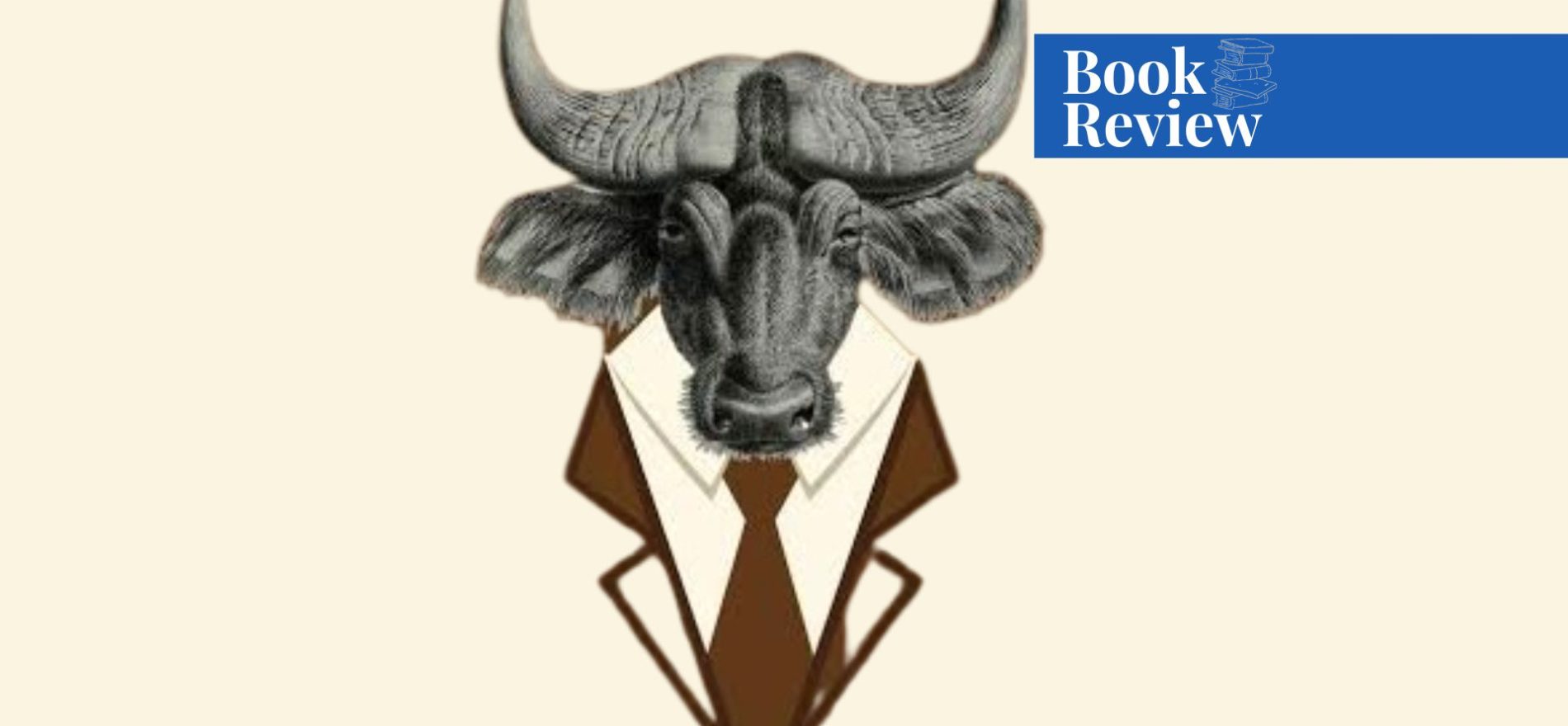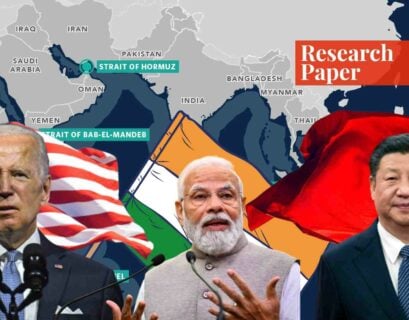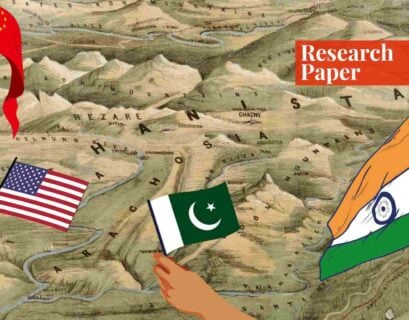Introduction
“Buffalo Nationalism: A Critique of Spiritual Fascism,” authored by Indian writer and Dalit rights activist Kancha Ilaiah Shepherd, constitutes of articles published by the author in various newspapers, full of intense criticism of the Indian caste system and Hindutva ideology. The eradication of caste is Ilaiah’s main area of study and advocacy.
Ilaiah starts the book by sharing his views on the popular religions of the world including Christianity, Islam, and Buddhism. He praises the religions for their emphasis on the point that God created all human beings equal. Although many atrocities have been committed in the name of these religions, their principles and teachings do not promote racism and casteism.
On the other hand, talking about Hinduism, the author states that Hinduism was born out of a Brahminic philosophy which says that God did not create human beings equal. To this day, people in India are facing the brunt of this philosophy. The author talks about spiritual fascism in Hinduism as it is a religion that glorifies inequality and is against change.
One major belief in this Brahmanic philosophy is the sacredness of the cow. In Modi’s India, this concept has been used to incite hatred towards religious and other minorities, including Muslims and Dalits. In opposition to this mindset, the author uses the metaphor of “buffalo nationalism.” The buffalo here represents the Dalit Bahujan culture.
His reason for choosing this metaphor is the black color of the buffalo and its non-Aryan origin. While the cow is revered in Hindu philosophy, the buffalo on the other hand is demonized. Ilaiah calls for constructing a new form of nationalism centered on the buffalo, a nationalism that promotes equality and justice.
Buffalo Nationalism
Kancha Ilaiah Shepherd has used the metaphor of buffalo for the oppressed castes in India. The author has referred to the story behind the “Durga pooja.” It is said that the Hindu goddess Durga killed a buffalo shape shifting demon with the name Mahishasura, known for his deceitful behavior. However, Dalit activists claim that this is not a story of the “triumph of good over evil” rather, it has racist connotations to it.
The Asur tribes of India worship Mahishasura as their hero who fought Aryan invaders. Ilaiah says that the buffalo is a beautiful black animal that was domesticated by the Dravidians. Brahmanic Hindu philosophy ascribes the status of divinity to the cow, which is an animal with white characteristics. The majority of the milk consumed in India comes from buffaloes, yet they are not viewed as equals or venerated in the same way as cows are. Dalits are in the same boat, as they are the most productive.
India’s Caste System
Ilaiah has been criticized by many people for his opposition to Hinduism. However, many of these people are silent on what reforms can be brought for the annihilation of this caste system that has made life miserable for so many people. Hindutva groups talk about the unity of all Hindus yet are silent on the hierarchical system that perpetuates inequality in society.
Moreover, people also blame the British for every social divide and communal issue in India, whereas this abhorrent system has been dominant in Indian society for thousands of years. One of the most impressive things about Kancha Ilaiah is his knowledge of history. He has remarkably deconstructed such false notions.
Developments during the British rule did have significant negative implications for casteism in India; for instance, colonial ethnographers classified people using caste (jati) headings in censuses. However, it was also the British who made education available to lower castes despite the outrage from Brahmins and other high caste people. Like British India, the “divide and rule” policy was also prevalent in Hindu ideology.
Lower caste people are gullible to politicians’ agenda to shift their focus from casteist oppression towards hatred of other minorities such as Muslims. Hindutva groups are using lower caste Hindus by keeping them uneducated and unemployed. Just like the white capitalists who promoted racism to create a divide between the poor white people and black people, Hindutva groups are trying to make it difficult to achieve unity between marginalized groups.
Kancha Ilaiah Shepherd wants these communities to understand that contributing to the propagation of a hateful ideology will not benefit them in any way. They will not get the status in society that they truly deserve. Ilaiah has also discussed a pertinent yet neglected issue that Muslims have not tried to build a bridge between them and the lower caste communities.
In “Buffalo Nationalism: A Critique of Spiritual Fascism,” Ilaiah mentions that no Muslim intellectual has worked with these communities post-Independence. Even no Muslim leader backed Ambedkar in his activism and struggle. Only a few Muslim scholars have worked in detail when studying casteism. Muslim intellectuals should take inspiration from Christian missionaries who came to India and work with lower caste communities.
Globalization and the Lower Castes
Another important aspect that Kancha Ilaiah Shepherd has explored in the book is that of cultural and economic globalization. Cultural globalization was beneficial for lower castes. First, lower castes people who learned English got exposed to the ideas of egalitarianism. Second, they adopted aspects of Western culture that were condemned by upper-caste Hindus such as eating meat or wearing a suit and tie.
The Brahminic idea of purity and filth is debunked by cultural globalization, which liberates the lower castes in numerous ways. However, the situation is worrisome when it comes to economic globalization. Unlike many analysts, Ilaiah has not overlooked the link between the Dalit Bahujans’ worsening socio-economic conditions and globalization.
The old feudal structures and wage systems have not been ripped apart by the agrarian economy. These people are forced to grow cash crops in order to supply global markets. Moreover, upper and middle-class households are stocked with Western fashion and goods, majority of the scheduled castes (SCs), scheduled tribes (STs), and other backward class (OBC) communities cannot even afford to send their children to attend a school or provide sufficient food for their families.
Such disparities in lifestyles may result in an increase in crime rates and terrorism. As upper castes monopolize the entrepreneurial arena, newly educated SCs, STs, and OBCs have been unable to make their mark. In addition to this, the Dalit Bahujans would suffer a severe threat to their survival due to dwindling social welfare and job privatization.
The upper-caste Hindus’ economic philosophy promotes a Kautilyan state that is opposed to welfare. In Modi’s India, the government is driven by a desire to privatize the massive properties that the Indian government built during the mixed economy period. All forms of socialist, communitarian, or state-owned property systems are firmly opposed by the Bhartiya Janata Party (BJP).
Conclusion
Some of the articles in Buffalo Nationalism: A Critique of Spiritual Fascism are almost a decade old yet they show significant relevance in the contemporary climate of India where Hindutva fascism is on the rise. Hindutva groups under the BJP government are trying to get Ilaiah’s books banned in educational institutions.
The author is well aware of the fact that Hindutva extremism is not just anti-Muslim but also casteist – a key objective of those who follow the ideology is the restoration of the Brahminical social order. Ilaiah is of the view that this fascism can be countered by “Dalitisation” alone. Moreover, all the oppressed minorities should join their hands together against the upper-caste Hindus promoting Hindutva ideology in India.
If you want to submit your articles, research papers, and book reviews, please check the Submissions page.
The views and opinions expressed in this article/paper are the author’s own and do not necessarily reflect the editorial position of Paradigm Shift.


















